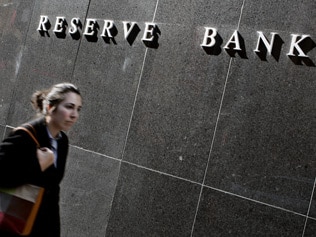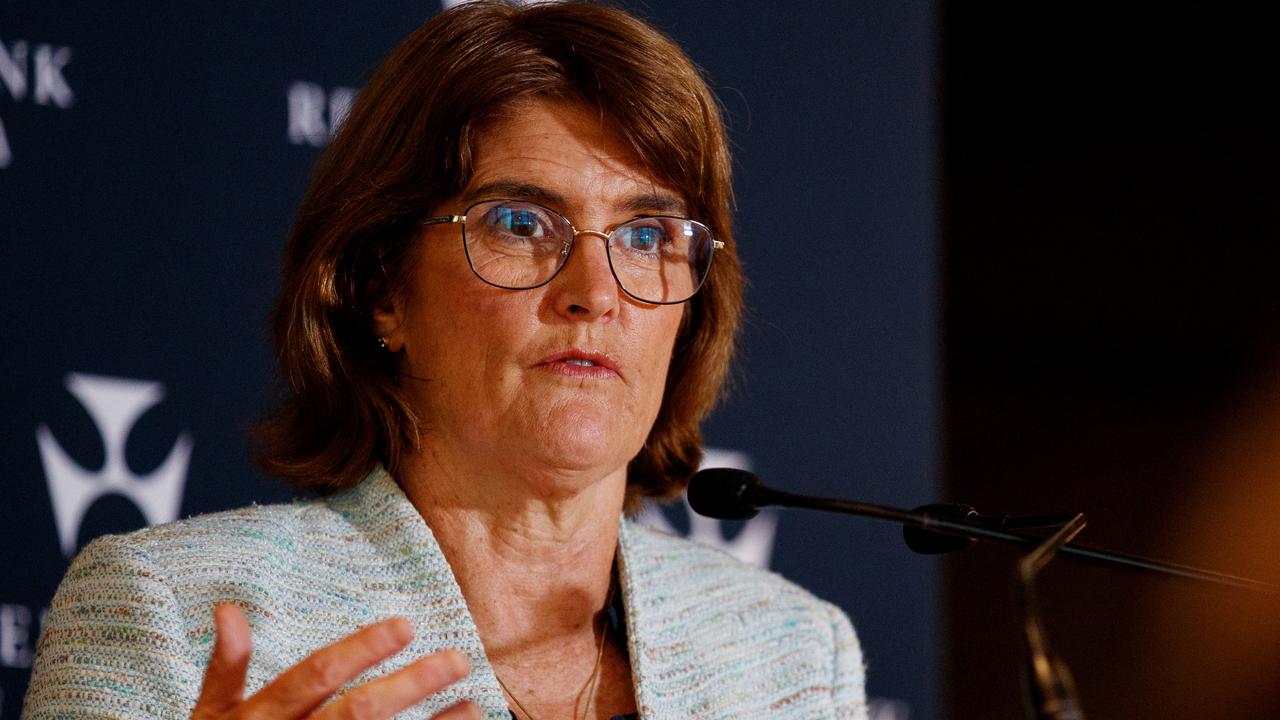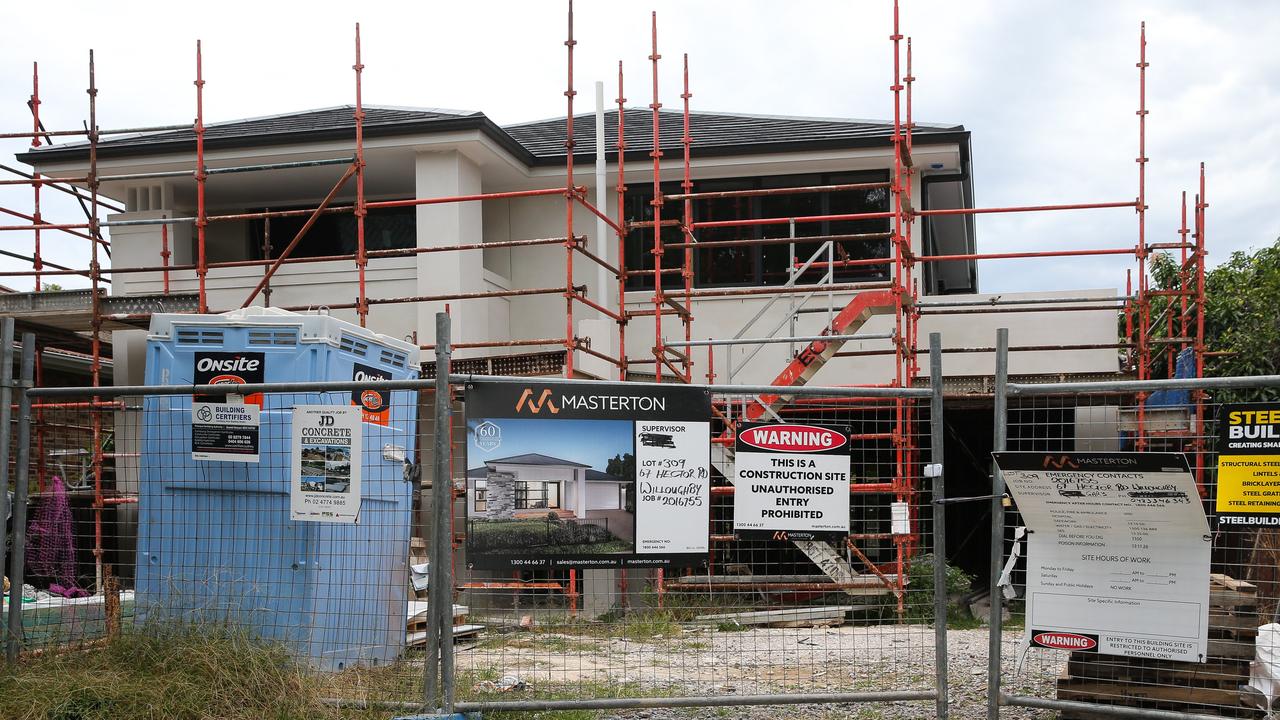Interest rates 'too low', say RBA December minutes
THE RBA raised interest rates for a third time in a row this month because of an 'expanding' economy, board minutes show.

THE Reserve Bank raised the interest rate for an unprecedented third straight month in early December because rates were "too low for an economy that had resumed expanding,'' minutes of the board meeting show.
But the decision had been "finely balanced'', as members weighed up developments in the domestic and international economy and the potential blow to confidence the rate rise may have had.
The RBA lifted the cash rate by 25 basis points to 3.75 per cent on December 1 after two similar moves in October and November.
"Members agreed that the level of the cash rate set when the outlook appeared to be much weaker would be too low for an economy that had resumed expanding, with a smaller amount of spare capacity than had earlier been expected," the minutes of the December board meeting said.
"That adjustment would not be intended to slow demand compared with the current forecast path, but aimed simply at keeping the stance of policy appropriate for improving economic conditions.
"The question for members was whether it was more appropriate to take a further step at this meeting or to hold the cash rate steady pending a further evaluation of developments at the February meeting," the minutes said
"They (the board) weighed the potential for adverse effects on confidence of a further adjustment at this time, the continuing uncertainty over the international outlook given conditions in the major economies, and the high level of the exchange rate.
"Members saw the arguments as finely balanced, but concluded that the stance of monetary policy would best reflect the circumstances facing the economy over the period ahead if there were an increase in the cash rate of 25 basis points at this meeting.''
The RBA board looked at a range of economic indicators pointing to an expanding domestic economy and strengthening private demand, particularly in the resource sector, even as Government stimulus was being withdrawn.
RBA forecasts suggested growth in the private sector would be close to trend in 2010, the minutes said.
The board said economic data released in November pointed to a rise in the nation's September quarter gross domestic product (GDP), while labour market conditions were expected to continue to improve.
Late last week, Australian Bureau of Statistics data showed that, in October, the unemployment rate fell by 0.1 per cent to 5.7 per cent.
The minutes also showed the RBA expects inflation to moderate further in the near term, but they noted it was not expected to fall as far in the near term than had been expected at the start of 2009.
"Both (consumer price index) and underlying inflation were expected to be consistent with the target in 2010,'' the minutes said.
The central bank's stated aim is to keep inflation within a target band of two to three per cent, on average, over time.



